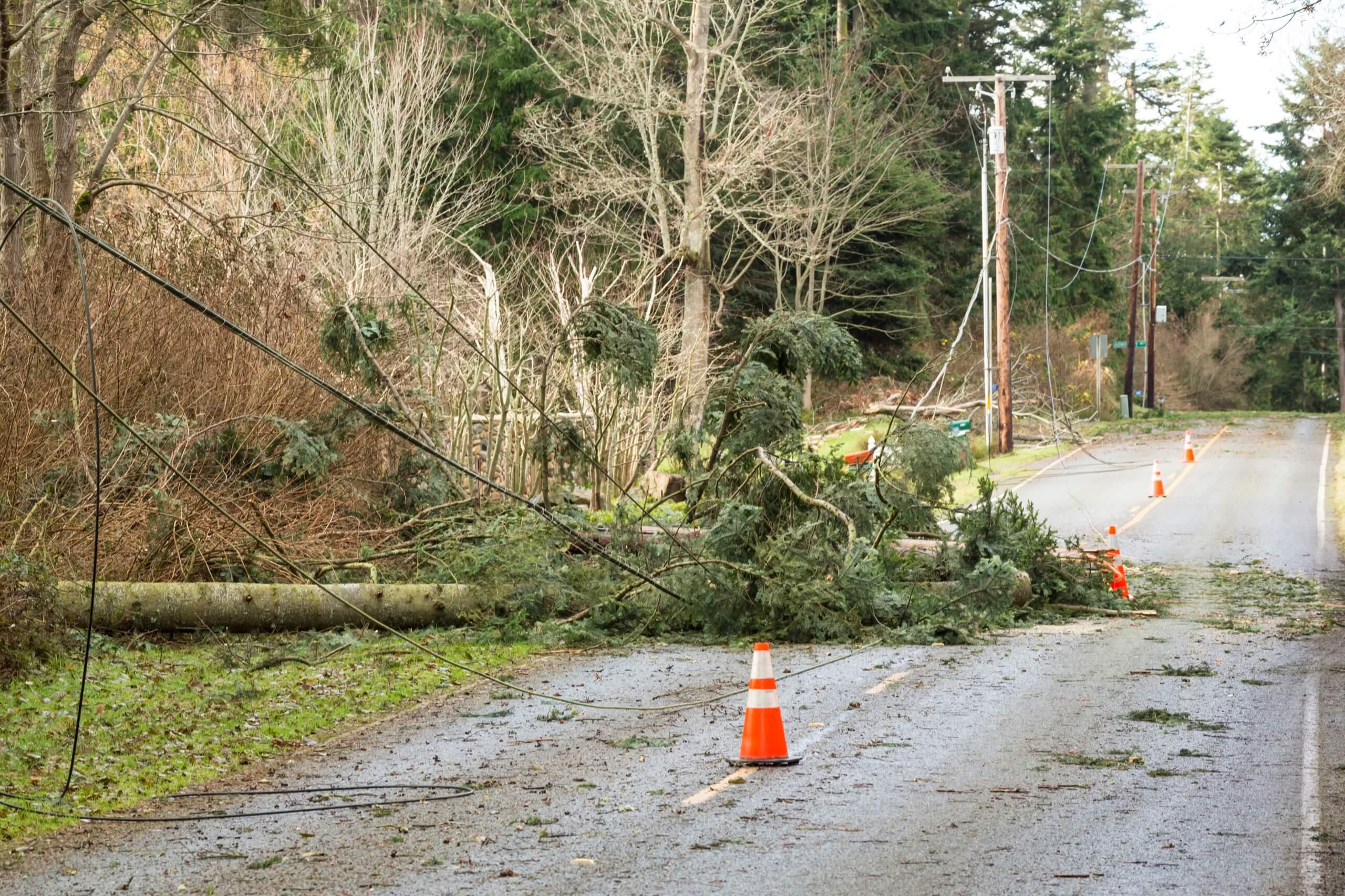
Be safe around electricity
Take some time to remind yourself, your children and your family of these important electrical safety tips.
Posted by Jeph Novak on February 7, 2022
Our modern lives are made easier thanks to electricity, which helps power our devices, heat our homes and even charge our vehicles. Because electricity is so prevalent, it can be easy to forget that there is a lot going on behind the scenes to keep power controlled and safe. WH lineworkers work hard to deliver power safely to your home, and there are steps that you as a consumer can take to prevent electrical injuries and ensure the safety of you and your family. Take some time to remind yourself, your children and your family of these important safety tips.
Outlet safety
Outlets are one of the most common sources of electricity that many of us experience on a daily basis. It is important to remember that all outlets carry currents of energy that are capable of electrocution and even death.
Never insert anything into outlets other than plugs, especially fingers and metal, such as forks. When using outlets around the house, make sure the cords you are plugging in aren’t frayed or damaged. If they are, replace them before plugging them in. There are many different types of outlets, including Ground Fault Circuit Interrupters (GFCI), Arc Fault Circuit Interrupters (AFCI) and Tamper-Resistant outlets. Each of these outlets are designed to keep you, your family and your home safe. It is a good idea to install these kinds of outlets around your house as a safety precaution. Learn more about the different types of outlets and outlet safety on our blog.
Substation safety

Substations are fenced-off areas with equipment that converts high voltage power from the regional electric grid down to a level of voltage that can be distributed into neighborhoods. They are necessary to deliver power to your home and businesses. WH has 28 substations throughout its territory.
Substations are often located near neighborhoods and are not dangerous or noisy if you are living near or walking past them. Inside substations, there is a lot of equipment that can be dangerous if not handled properly. That is why it is important to not tamper with or attempt to go inside. High voltage power is always present and can be extremely dangerous.
In rare instances, such as when major storms roll through, damage may occur to substations. If you see damage to any part of a substation, stay a safe distance away and call WH immediately. Do not approach the substation and don’t touch any of the equipment, even if it is outside of the fenced-off area, as it may still be energized.
Power Lines

One of the most visible sources of energy is power lines and poles that carry electricity to your home. It’s often easy to forget lines and poles are even there since they are so common and are a part of the landscape. Even though they are interwoven throughout our communities, poles and lines can be dangerous if we aren’t careful around them. For example, it is a good idea to avoid stapling, nailing or posting anything on these poles. WH’s lineworkers need clear poles to be able to climb up and work on them, and nails, staples or anything else on them can affect the safety and work of our crews.
It is also important to remember that downed lines are still dangerous lines. Sometimes the wind or major storms may knock over a pole, and the lines, which can cause power outages. Just because the power is out in your home does not mean the power is out in the line.
Here are a few safety tips for downed power lines:
- If you see downed power lines, stay as far away as possible Call 911 then WH to alert them of the situation.
- To get away from downed lines, shuffle your feet rather than taking steps to stay grounded and minimize the risk of an electric shock.
- Call 911 immediately if you see someone in contact with a downed line, and do not touch them or anything else in contact with a power line – even with another object like a broomstick. Any contact with power lines can conduct electricity and cause severe injuries.
- Finally, if you are in a vehicle that is in contact with a downed line, stay in the vehicle if possible. Honk your horn for help and tell others to stay away from your vehicle.

